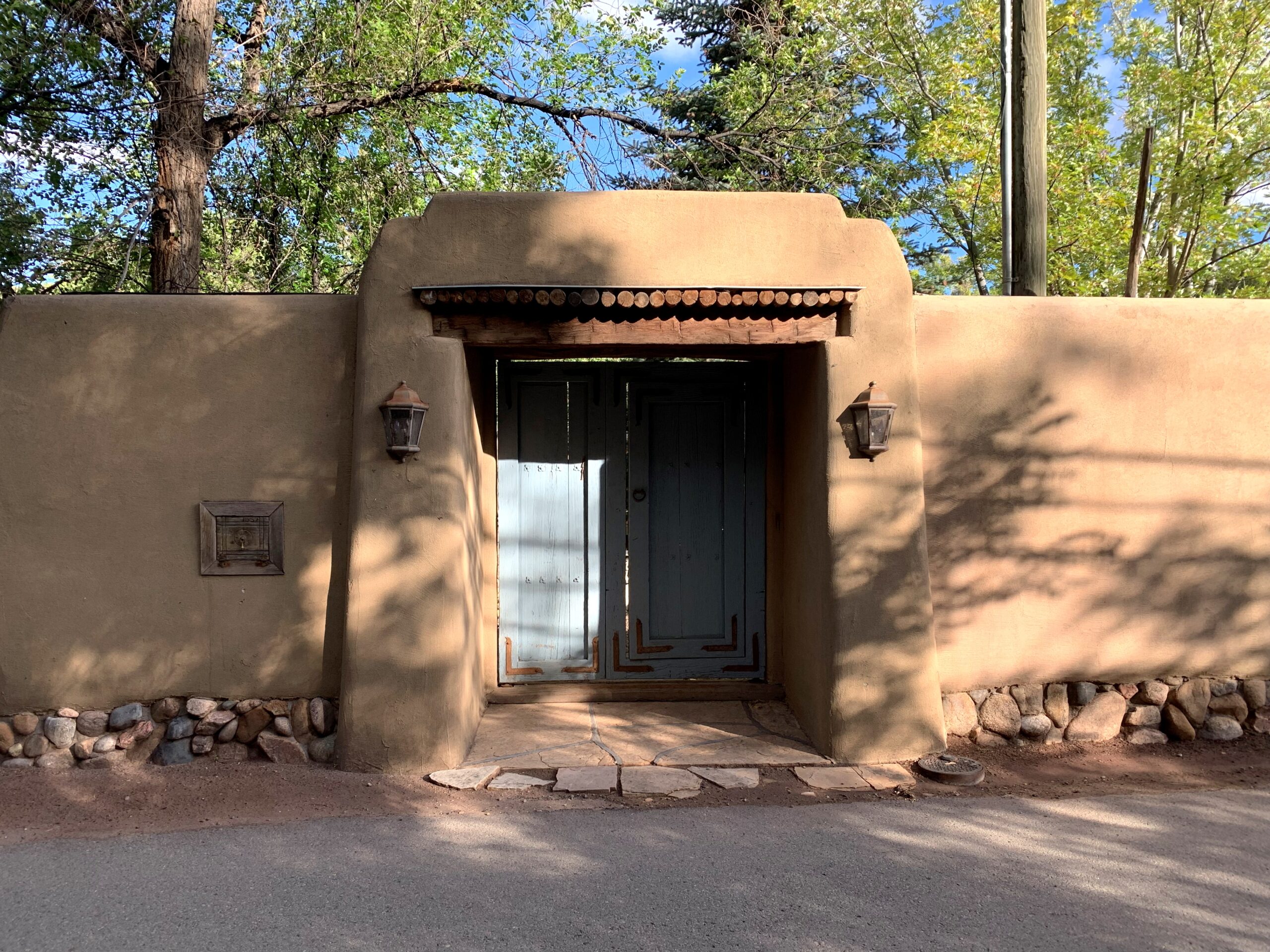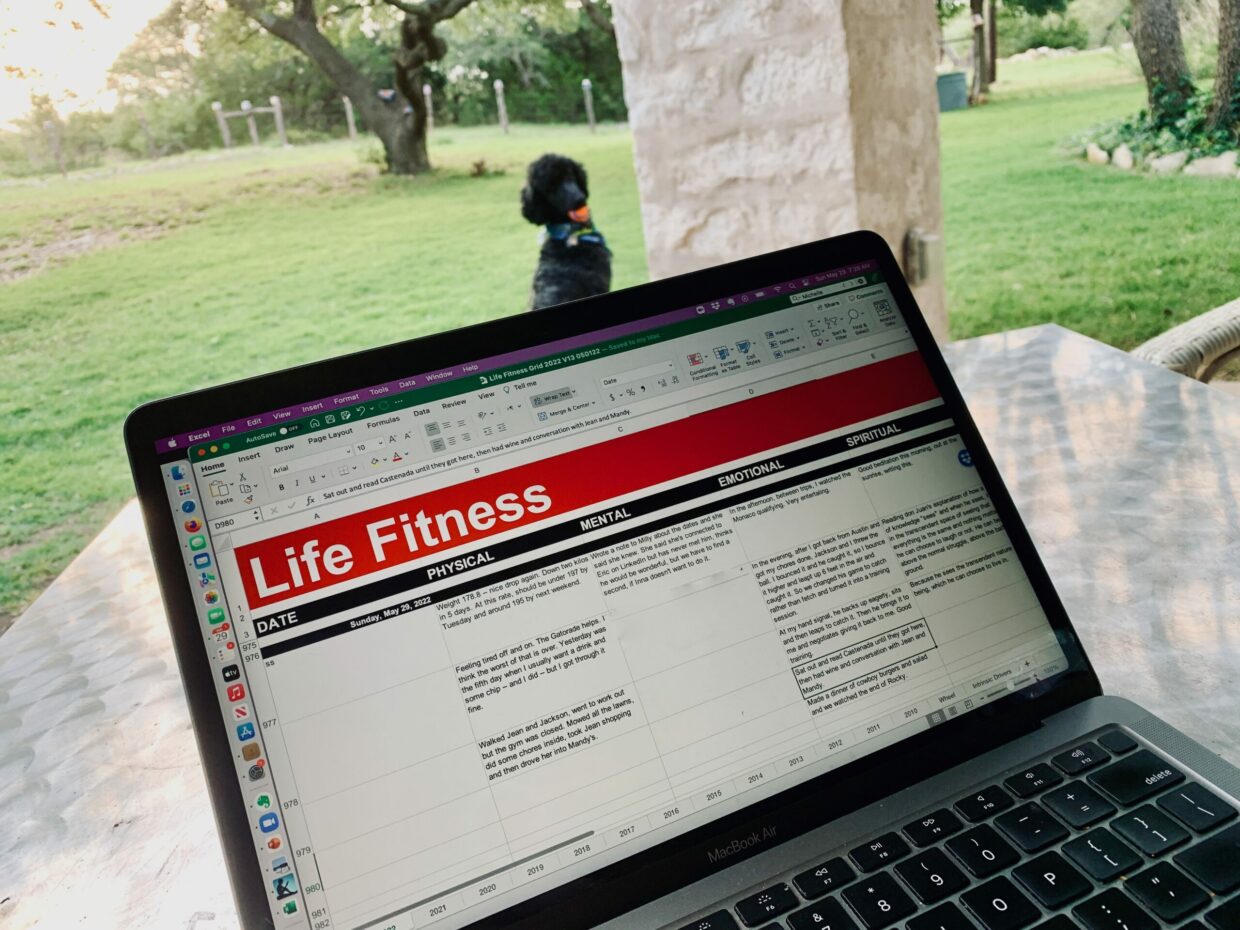
A version of this article appeared recently in Brainz Magazine. Also posted on daindunston.com.
There’s an old Zen story about a young monk starting out on the path of enlightenment. From time to time, he notices an older monk, the oldest in the monastery, working quietly in the gardens and it occurs to him that in the decades the old monk has been practicing, he must have some valuable insights he could share. So why not ask him what lessons he has found most useful?
One day, he approaches the old monk. “Excuse me, sir,” he begins, “but you have spent so many years in Zen practice. What is the lesson of a lifetime?”
To which the old monk replies, without a moment of hesitation, “An appropriate response.”
When I first read that, I thought, “Well, that’s nice.” Then I thought, “Actually, it’s a bit lame. Poorly written. And surely not the lesson of a lifetime? There must be more to enlightenment than just being able to source the right comment when someone asks you a question?”
Sometimes, I’m a slow learner.
A few years later, when my own practice had progressed, I saw my mistake. Maybe it was a case of “proximity bias” where the structure of the story—the young man asking a question and the old man offering his three words in reply—that made me think of that answer in conversational terms, being able to say the right thing when asked for an opinion. And, of course, that’s not the lesson of the story.
It more that the verbal response to a question. What matters—the lesson of a lifetime—is to find the appropriate response to anything and everything that comes your way. How we respond to the present moment, how we respond to any situation with other people, how we respond to a moment of Grace. And most of all, how we respond to our own thoughts.
Developing the ability to respond appropriately to anything life throws at us begins with knowing that we have a choice in how we respond. That choice, knowing that we have it, that’s the lesson of a lifetime.
I was thinking of that story the other day when I was preparing an introduction for my friend Brian Cunningham, author of Our AQ (Awareness Quotient): The Missing Link to Extraordinary Leadership and Life. Brian is the CEO of a hospital in Hawaii, and a brilliant leadership guru. In his book, he offers an idea that expands on the power of “an appropriate response” with a quote from the Austrian neurologist and philosopher, Victor Frankl.
“Between stimulus and response,” Frankl writes, “there is a space. In that space is our power to choose our response. In our response lies our growth and our freedom.”
What the old monk was saying was that “the lesson of a lifetime” is to recognize that the space exists, that it is expandable, and that in every situation, no matter how pleasant or unpleasant, we have a choice.
We all struggle with this. “Yes, but what if I am unfairly treated?” You have a choice. “What if I am unprivileged and discriminated against?” You have a choice. “What if I’ve been injured and abused?” I feel for you. You have a choice.
Frankl used that choice to survive the Holocaust concentration camps. And you can use it to survive 2022 and anything this year throws at you, including your own bad choices.
In every moment, you have a choice. Not just in what you say or do in the moment, but in who you are being.
That is the lesson of a lifetime. So how do you respond?








